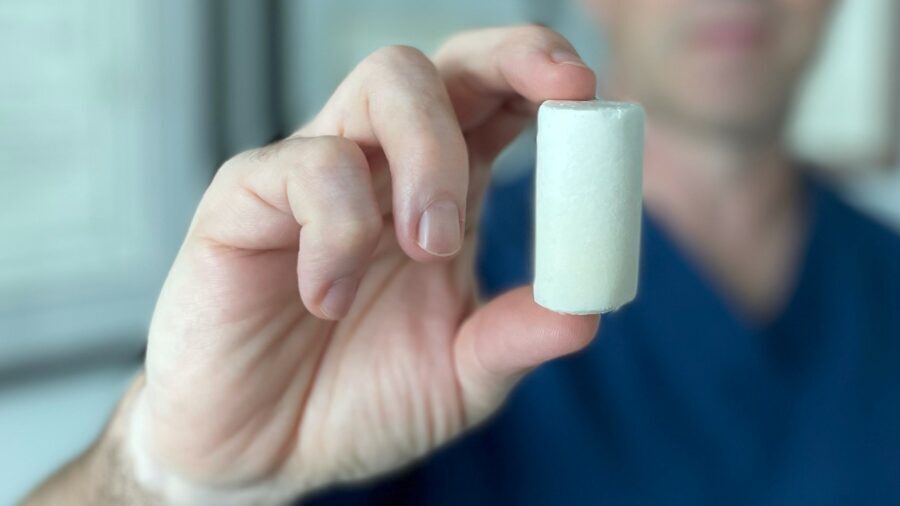Are your teenagers getting enough sleep?
Jul 3, 2023, 3:00 PM | Updated: Jul 5, 2023, 9:53 am

Seven out of 10 teenagers don't get enough sleep.
SALT LAKE CITY — Seven out of 10 teenagers aren’t getting enough sleep.
“Teenagers need more sleep than the typical adult does,” explained Dr. Dixie Harris, a specialist in sleep medicine, pulmonary disease and critical care with Intermountain Health. “The recommendation from the National Sleep Foundation is 8-10 hours.”
What percentage of teenagers would you guess get the recommended amount of sleep? 25%? 50%?
“Seventy percent of teenagers do not get that amount of sleep,” Harris said.
“We are just starting to understand how sleep affects the brain,” she explained. “When you are a teenager (and even a young adult), the brain is still developing, growing and building the synapses.”
She emphasized how important it is that we understand how sleep helps our bodies repair, and helps with memory and learning.
The connection between teenagers, sleep and mental health
“There is a strong connection between sleep deprivation and emotional health,” said Harris. “Everybody can relate to this. You tend to be more angry when you do not get a good night’s sleep. You tend to be more on edge, are more apt to cry or get upset.”
Harris explained that teenagers naturally want to go to bed later. They’re not just being difficult. The cue their body is giving them is to stay up until midnight.
“You’re already asking a teenager to go to bed earlier than their body really wants to,” she said, “but if you add something with a light source like gaming, that all interferes with their ability to go to sleep.”
Normally, it should take between five and 30 minutes to fall asleep.
“Sleep onset should be pretty quick,” Harris explained.
What about the use of sleep aids?
“I’m a big proponent of doing things as naturally as possible,” Harris said.
She pointed out that there are definitely times when using melatonin can be helpful, like when you’re adjusting your sleep phases.
“But for the day-to-day everyday person,” she continued, “we need to really look at what is interfering with sleep. What are their habits? Are there some anxieties? Is there stress? What is keeping people from being able to get to sleep?”
Is dreaming important for sleep?
Some experts believe that dreaming is essential to good sleep.
“We really don’t understand why we dream,” Harris said.
“Most of our dreams are in REM sleep, which happens in the second half of the night,” she continued. “You’re really not supposed to remember your dreams well, but if you’re woken up out of REM, you will remember your dreams.”
So, remembering your dreams well may be a sign of poor quality sleep.
Advice for parents
As parents, we are really good at making sure our infants and toddlers get their sleep. We never miss nap time because we know we’ll pay for it if we do. But when our kids get older, they get involved with things, and have activities and friendships.
Harris has some advice for us all to help us get better sleep.
- Try to be consistent. Keep your bedtime and bedtime rituals the same.
- Avoid things like caffeine. Caffeine can stay in the system for up to 12 hours.
- Keep your bedroom dark and cold. A cold bedroom can really help with good quality sleep.
“The more we learn about sleep, the more we appreciate how important it is for all of us,” Harris concluded.
“We’re even finding that athletes who sleep more perform better,” she added. “There are interesting studies in professional basketball players that show if they slept longer, their reaction times were better.”
Maybe sharing that with your teenagers will get them to go to bed.













